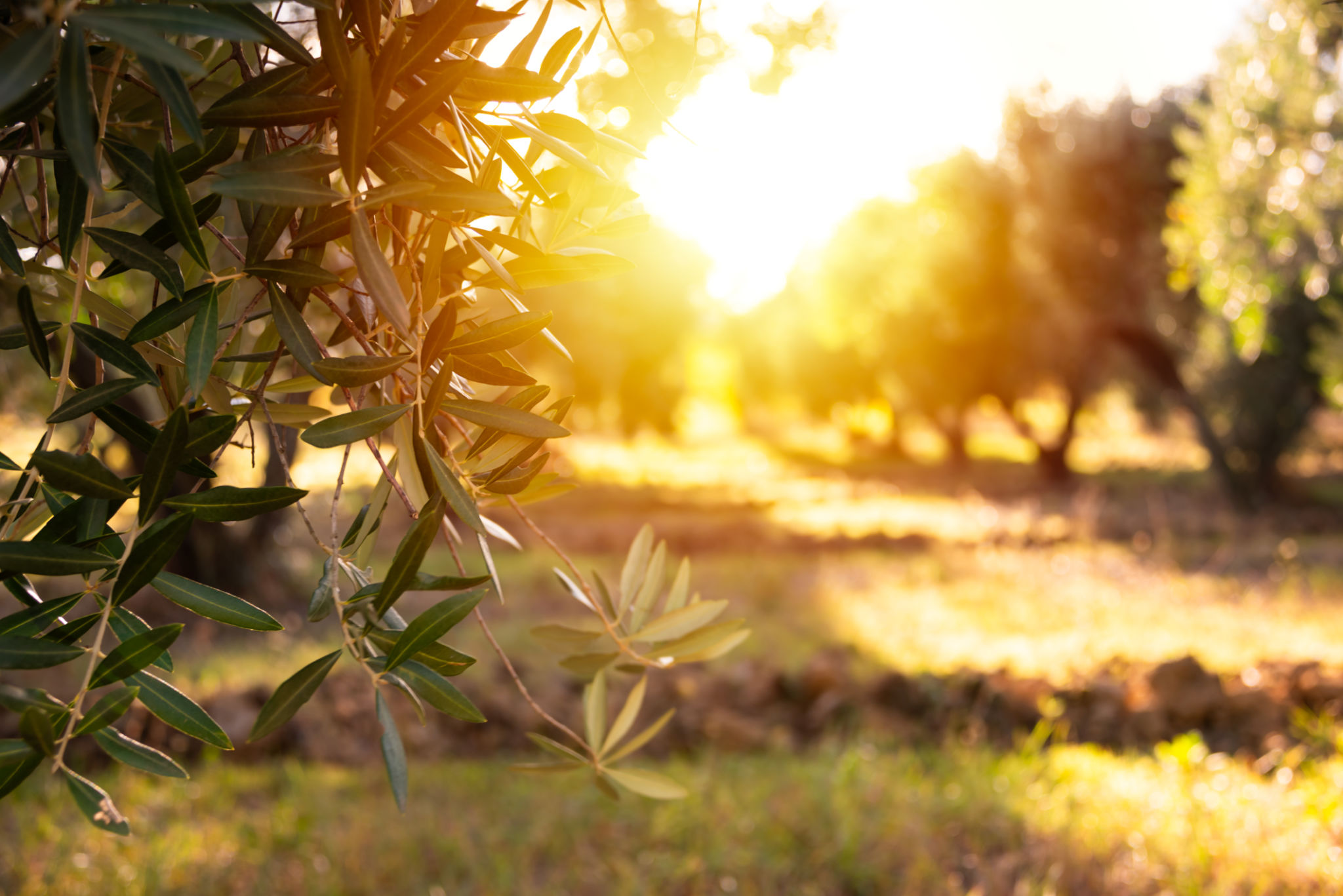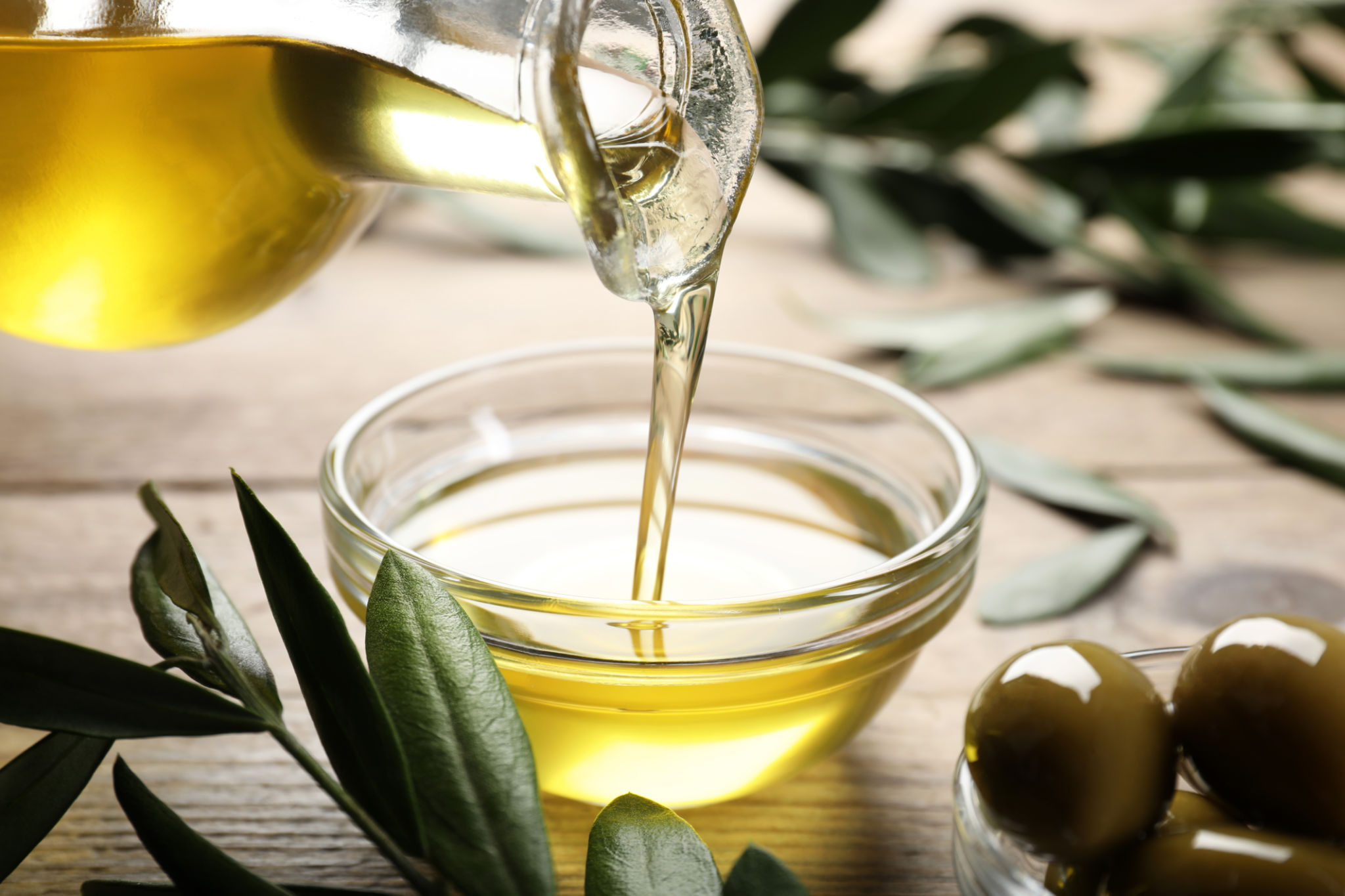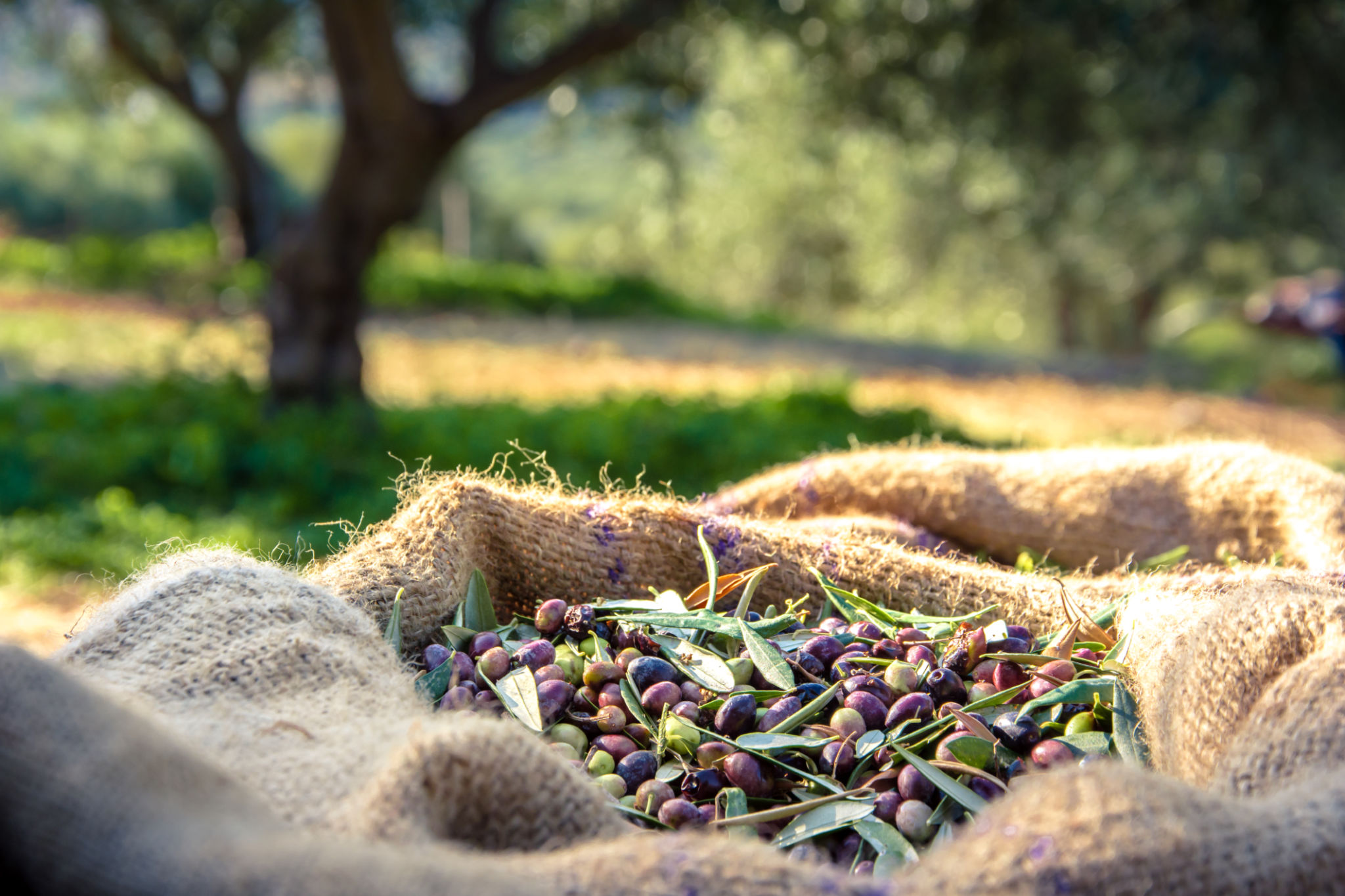Debunking Common Myths About Olive Farming
Understanding the Reality of Olive Farming
Olive farming, a practice steeped in history and tradition, is often surrounded by misconceptions. These myths can obscure the true nature of this agricultural art, leading to misunderstandings about its processes and benefits. In this blog post, we aim to debunk some of the most common myths associated with olive farming.

Myth 1: Olive Trees Require Constant Watering
A prevalent myth is that olive trees need frequent watering. In reality, olive trees are remarkably drought-resistant and thrive in arid conditions. Their roots are adapted to extract moisture from deep within the soil, allowing them to survive in regions with limited rainfall. While young trees may need more water to establish, mature olive trees require minimal irrigation.
Myth 2: Olive Oil Quality Is Only About the Olives
Many believe that the quality of olive oil is solely determined by the olives themselves. While the choice of olives is crucial, other factors, such as the timing of the harvest and the pressing process, significantly influence the oil's quality. Harvesting at the right time ensures optimal freshness, while modern pressing techniques help maintain flavor and nutritional value.

The Economics of Olive Farming
Another common misconception is that olive farming is not economically viable. Contrary to this belief, olive farming can be a profitable venture when managed efficiently. The global demand for high-quality olive oil is on the rise, providing ample opportunities for farmers to tap into international markets.
Myth 3: Olive Farming Is Labor-Intensive
Many assume that olive farming requires extensive manual labor. However, technological advancements have revolutionized the industry, making it more efficient. Modern machinery for pruning, harvesting, and processing olives has significantly reduced the labor required, allowing farmers to manage larger groves with fewer resources.

Myth 4: Olive Farming Is Harmful to the Environment
There is a growing concern about agriculture's impact on the environment, and olive farming is no exception to these worries. However, olive trees offer numerous environmental benefits. They help prevent soil erosion, support biodiversity, and act as carbon sinks, absorbing CO2 from the atmosphere. Sustainable farming practices further enhance these positive effects.
The Cultural and Culinary Significance
Beyond economics and sustainability, olive farming holds cultural and culinary significance across many regions. Olives and olive oil are staples in various cuisines, celebrated for their health benefits and rich flavors. Understanding the myths surrounding olive farming allows us to appreciate its true value.
In conclusion, debunking these myths helps paint a more accurate picture of olive farming. It is a practice that balances tradition with modernity, offering both economic opportunities and environmental benefits. By dispelling these misconceptions, we can better understand and support this vital agricultural industry.